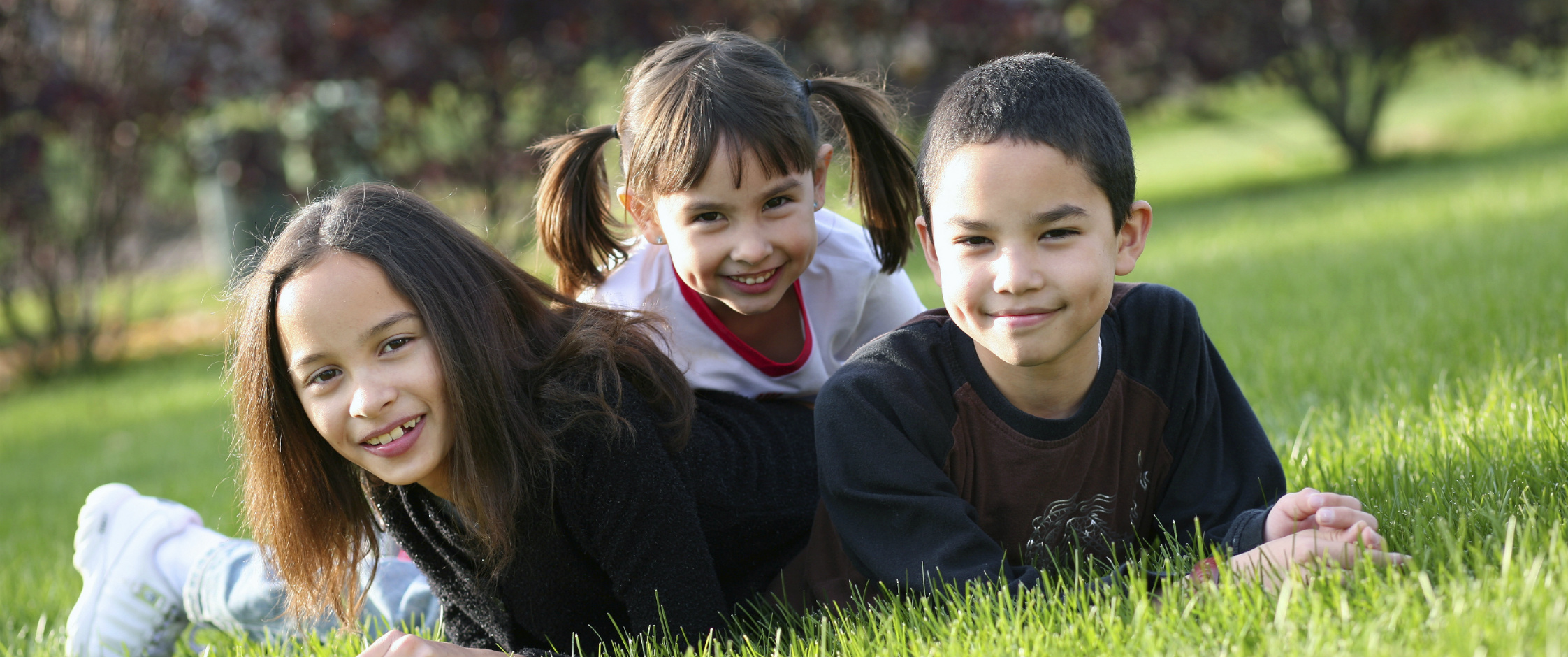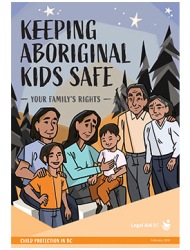
If the Ministry of Children and Family Development (or a delegated Aboriginal agency) gets information your child might be at risk, BC law says they must investigate (look into) the situation. This means a social worker contacts you or visits your home to ask questions about your family. This is part of the child protection process.
A mediator can help you work with the ministry. You can ask for a mediator as soon as the ministry contacts you.
Watch this video to find out how Wanda is working to get her kids back.
Mediate BC — Child Protection Mediation Program and a list of child protection mediators in BC
Family Mediation Canada — Has a list of family mediators in Canada
Justice Access Centres — Services and referrals for family and civil law problems

